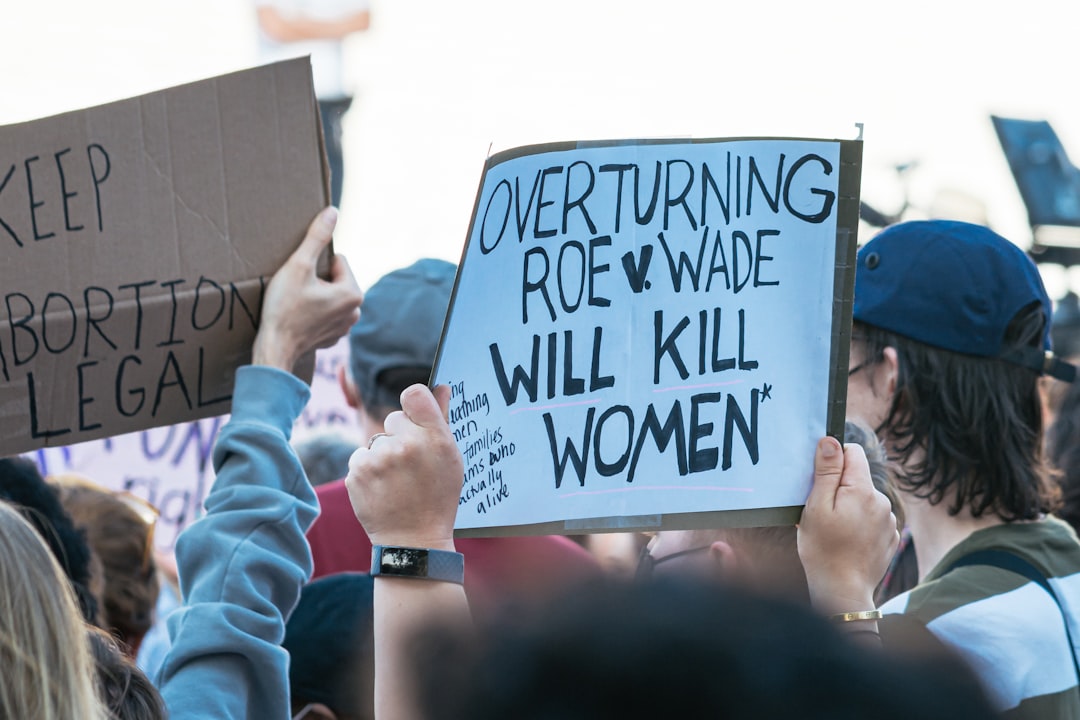Picketing homes is toxic to our politics
Legal or illegal, protesting and picketing outside someone's home has no place in civil discourse.

I support free speech, whether it is speech I agree with or speech I oppose. Because of this, I support peaceful protests. The Constitution in the First Amendment guarantees the right to petition the government for a redress of grievances.
That said, I do not like the growing trend of protests moving from the public sphere to a person's residence.
It didn't start there. We saw stories of Republican elected officials and Trump administration officials confronted by protesters while eating out with their families.
Legal, yes. Good, no.
Since the draft majority opinion written by Justice Samuel Alito was released last week (it's hard to believe that was last week), abortion rights protesters have moved from picketing in front of the Supreme Court, Congress, and statehouses to protesting in front of the primary residences of Supreme Court justices.
Legal? Questionable.
18 U.S. Code § 1507 states, "Whoever, with the intent of interfering with, obstructing, or impeding the administration of justice, or with the intent of influencing any judge, juror, witness, or court officer, in the discharge of his duty, pickets or parades in or near a building housing a court of the United States, or in or near a building or residence occupied or used by such judge, juror, witness, or court officer, or with such intent uses any sound-truck or similar device or resorts to any other demonstration in or near any such building or residence, shall be fined under this title or imprisoned not more than one year, or both."



